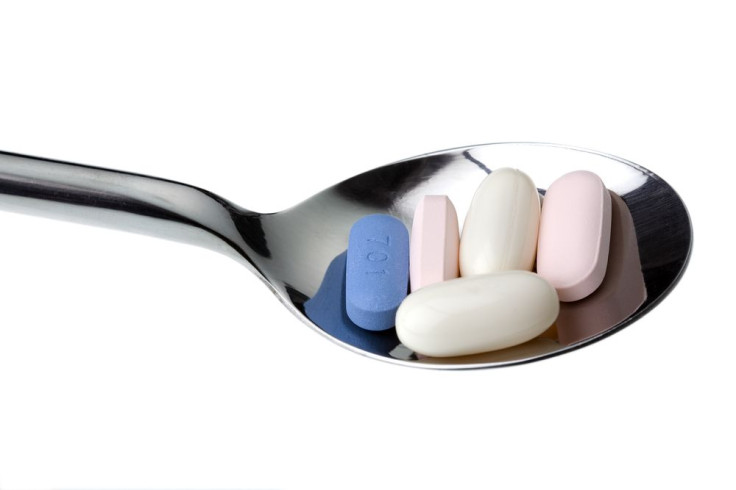Combination Drug For HIV Prevention Could Also Treat Herpes, But Who Really Benefits?

Recent studies conducted by the Centers for Disease Control and Prevention have revealed that using Truvada, a combination of tenofovir and emtricitabine, coupled with condom use can reduce HIV transmission by up to 90 percent. A new study published in the Annals of Internal Medicine suggests the drug combination can also be used to prevent the herpes simplex 2 (HSV-2) virus, but due to costs and side effects, the chances of it being used solely for herpes prevention are bleak.
“Tenofovir has greater activity against HIV than HSV-2, and we had previously reported that tenofovir reduced HIV acquisition by 67% and tenofovir combined with emtricitabine by 75%,” Dr. Connie Celum, professor of global health and medicine director, International Clinical Research Center University of Washington, told MedicalResearch.com. “It was not known whether oral dosing of tenofovir would achieve sufficient levels to provide protection against HSV-2.”
Celum and her colleagues recruited 1,498 heterosexual men and women who were not infected with HIV or HSV-2 at the study’s enrollment period between 2008 and 2010. However, individuals participating in the study were at high risk to contracting HIV via an infected partner. Participants either received tenofovir, tenofovir combined with emtricitabine (Truvada), or a placebo. Out of the 131 participants who ended up contracting the HSV-2 infection, 79 were in the tenofovir group and 52 were in the placebo group. The risk of contracting HSV-2 among participants in the Truvada group was reduced by 36 percent.
“Tenofovir is being studied for pre-exposure prophylaxis in a vaginal and rectal microbicide gel and in an intravaginal ring, which provide higher levels than with oral dosing,” Celum added. “It will be important to see if these formulations provide protection against HSV-2. In addition, because tenofovir is often part of HIV treatment, it is important to study whether it reduces the risk of HIV infected persons getting HSV-2 infection, which is being studied.”
Back in July 2012, Truvada became the first drug approved by the Food and Drug Administration to reduce the risk of acquiring the HIV infection. The cost of Truvada can reach upward of $100 a year in African and $1000 a month in the United States, Healthday reported. Common side effects include diarrhea, nausea, abdominal pain, headaches, and weight loss. In spite of the results of this study, it is unlikely that Truvada will be prescribed exclusively for herpes prevention.
Source: Morrow R, Donnell D, Celum C, et al. Daily Oral Tenofovir and Emtricitabine–Tenofovir Preexposure Prophylaxis Reduces Herpes Simplex Virus Type 2 Acquisition Among Heterosexual HIV-1–Uninfected Men and Women: A Subgroup Analysis of a Randomized Trial. Annals of Internal Medicine. 2014.



























